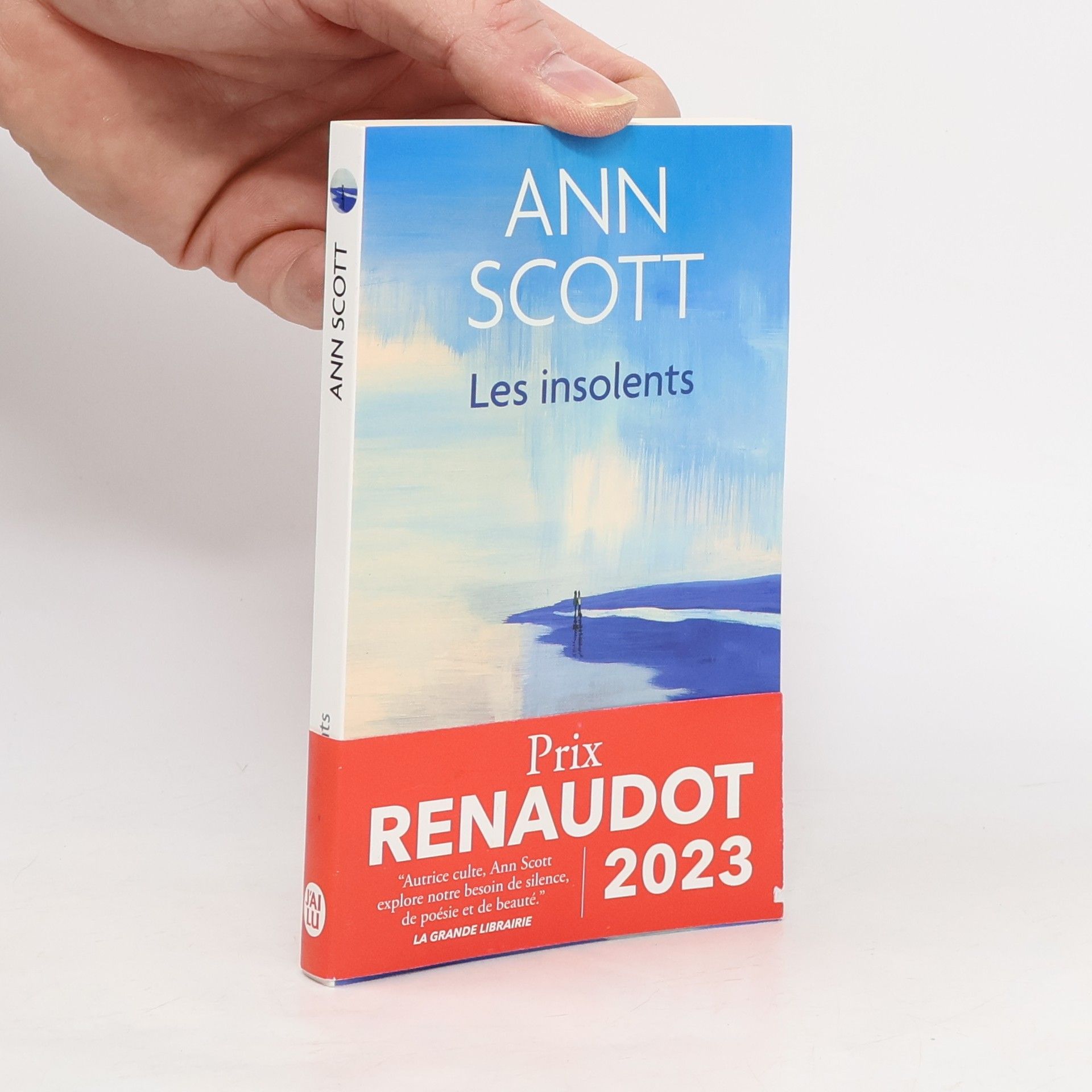Finding Home
Restoring the Sacred to Life: Stories of Women in Homelessness and Transition
- 158 pages
- 6 hours of reading
The collection features inspiring stories of courageous women who have faced homelessness and found solace through meditation circles led by Anne Scott. It highlights their journeys of healing and transformation as they reconnect with their inner selves in a safe, supportive environment. The narratives emphasize the power of silence, sharing, and community, showcasing the diverse backgrounds and beliefs of the participants united in their quest for personal growth and resilience.







